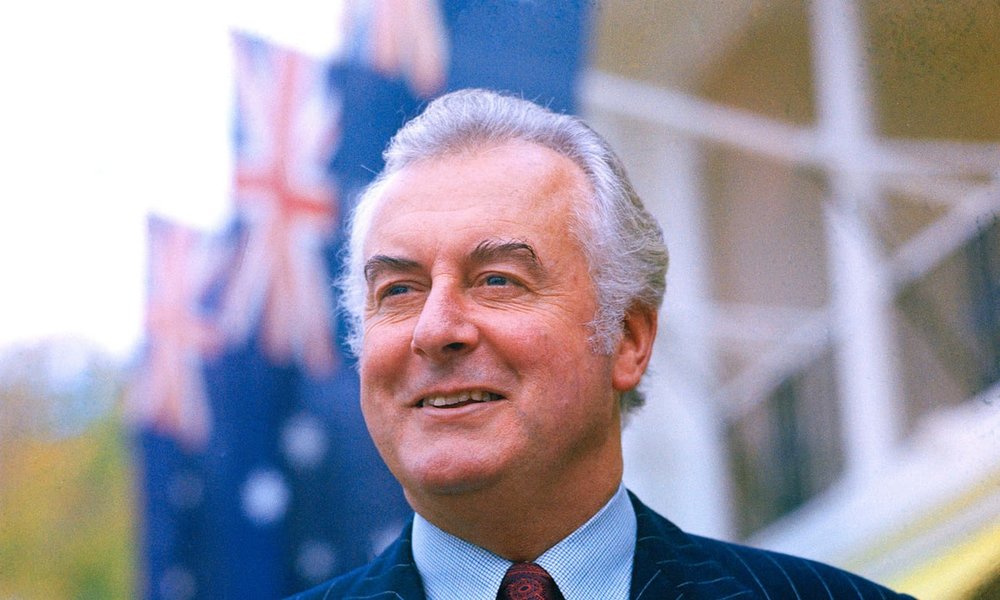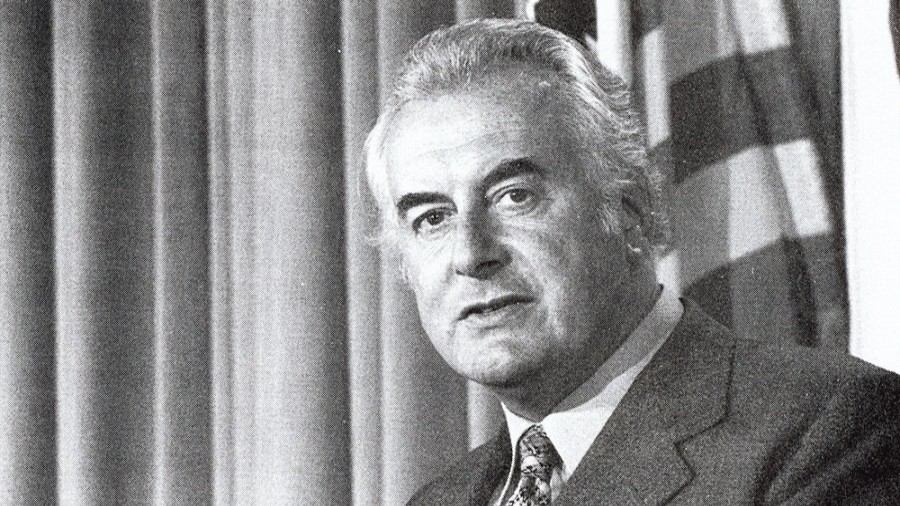By Professor Anastasios M. Tamis*
The short multicultural empire of the Great Hellene, Alexander of Macedon, characterised by its sheer originality and the inherited Greek classic forms of art, metaphysical thought, and language, dazzled the men of the Renaissance. The masterpieces of Homer inspired Virgil to compose his Aeneid; Francesco Petrarch emerged as the nostalgic admirer of all things Greek, to compose his Africa; the Greek tragic plays of drama have never been surpassed; the historical writings of the pioneering Greek historians remained examples of excellence, whilst Greek sculpture, medicine, architecture, mathematics, and physics radiated through the centuries.
From the years of Renaissance, classical and diachronic Hellas and its heritage legacies were enhanced and preserved as an ideology, a way of life and an inspiration of the humanist ideals. Politicians, statesmen, intellectuals, philosophers, and men of arts saw in this ideology the fruitful revival, the creative adaptation of the classical thought, which as an on-going cultural movement brought about Phil-Hellenism.
Hellenism as an idea provided the cultural milieu in which the European and to some extent the Eastern civilisations were developed and the augmentation of the westernisation occurred. Hellas was not perceived by the Phil-Hellenes as a country of sovereignty, nor as a nation of people, as Greece became an independent and unifying state only in 1830. Phil-Hellenes consider Hellas and Hellenism as their cultural make-up, and, nonetheless, an ideology and a way of life that were eager to adopt.
During their 120 years of organised history, Australia’s Hellenes never stopped short in expressing their sentiments and appreciation to those Australian leaders who allied with their cultural and historical aspirations, pledging their support, and sustaining their efforts to maintain their socio-cultural identity. They treated them as their patrons and mentors. In numerous occasions Greek community leaders and businessmen displayed their gratitude by means of bequests, awards and other honours that they bestowed upon those whom they assessed as friends of the Hellenes.
Greeks are by nature open-minded, hospitable, and generous with the people, and their filotimo was curved over several millennia to present them as proud and gallant people with an increasing value for self-esteem. They hosted impressive banquets and events to honour them with a number of awards presented either by the Greek and Cypriot governments; they institutionalised specific awards to honour significant personalities and dignitaries from within the mainstream societies including Prime Minister, Premiers, government ministers, judges and men of letters for their services to Hellenism; they developed forms and events to acknowledge them as Great Phil-Hellenes and friends of the Hellenic civilisation.
One of the most noteworthy Philhellenes was a great humanist, the precursor of multiculturalism in Australia and one of the most influential political figures in the Australian politics of the 20th century, Gough Whitlam (1916-2014). For more than forty years (1970-2010), his doctrines that Hellas impressed a certain unity upon western civilisation, which in spite on many changes the modern world has never quite abandoned; his ideals of the universality of the Greek language and culture as a diachronic socio-political edifice and popular way of life exerted vast influence.

Edward Gough Whitlam AC QC was the 21st Prime Minister of Australia, serving from 1972 to 1975. The Leader of the Labor Party from 1967 to 1977, Whitlam led his party to power for the first time in 23 years at the 1972 election; however, he remained active in the social and intellectual life of Australians at least until 2010. In January 1975, he was the first foreign Head of Government to be received by Constantinos G. Karamanlis, the first Prime Minister of the second Hellenic Republic. In June 2005, Whitlam delivered a historic speech to Modern Greek teachers in Bankstown, Sydney under the topic Phil-Hellenes and Philologists. Impelled by his great admiration to anything Hellenic, this missionary figure outlined his perceptions placing them in their historical setting, with stimulating allegories and far-fetched moral interpretation of the Greek texts. His auditors, like the millions of Australians were greatly impressed, being especially fond of his originality and humour.
READ MORE: Gough Whitlam’s speech to the NSW Teachers of Modern Greek Association.
Let us follow him in his lecture:
“I developed an interest in ancient Greece and Greeks when my father introduced me to the Reverend Charles Kingsley’s 1856 book The Heroes, which gave modest accounts of the adventures of Perseus, Theseus and Jason. Any indications of Greek male chauvinism were bowdlerised in that book. I developed an interest in modern Greece and Greeks in 1924 when I was 8 and starting to collect postage stamps. I got two Greek stamps inscribed ‘Lord Byron’. They were issued by the first Hellenic Republic to commemorate the centenary of Byron’s death at Mesolonghi. In the 1930s at school in Canberra and at the University of Sydney I became familiar with the poems of Byron. He excoriated Lord Elgin in The Curse of Minerva, written in Athens in March 1811; he admired the plunder but abhorred the thief.
At school in Canberra, I could learn Latin but not Greek. I was able to learn ancient Greek on Saturday mornings in 1933 and 1934 at the home of Leslie Holdsworth Allen, who is commemorated by the Haydon-Allen building at the Australian National University. I shall be indebted to him for the rest of my life.
READ MORE: Former NSW Premier ‘seals the deal’ to buy Gough Whitlam’s former house.
All Australians are involved with Greek words. We can study mythology and theology, astrology and astronomy, mystery and history. In politics and economics we can be rhetorical, ethical, theoretical, or practical, idealistic, autarkic, academic, plutocratic or dogmatic. In poetry we can write epics, lyrics, bucolics and parodies in trimeters, tetrameters, pentameters, hexameters and heptameters. In mathematics we can excel in geometry and trigonometry and assess physical phenomena. In theatres we have Doric, Ionic or Corinthian columns and can enjoy dramas, tragedies and comedies, symphony orchestras, melodies and music of all kinds. In philosophy we can be sceptics, cynics, stoics and epicures.
In medical circles the names of the intimate male and female body parts are mostly Latin words and the names of the diseases arising from their careless interaction are mostly Greek words. In religious circles we distinguish between Greek words such as patriarch, exarch, metropolitan, ecumenical, and autocephalous and Latin words such as unite, ex cathedra, in partibus and filioque. In military history we remember Greek place names. Sebastopol, ‘the city of the Empress’, was named after the Russian Empress Catherine the Great, who liberated the Crimea from the Ottoman Empire. Gallipoli, ‘beautiful city’, is found not only near the Hellespont but also in Magna Graecia on the route from Otranto to Taranto.
I travelled to Greece and/or Cyprus and other Greek islands on 24 occasions between 1962 and 2000. The Department of Foreign Affairs had and still has a scarcity of officials who are familiar with the peoples of south-eastern Europe and their descendants in Australia. I was better informed. Thanks to the hospitable skills of some excellent ambassadors in Greece, Syria, Lebanon and Israel, Margaret accompanied me on most occasions, but not, of course, to the holy Mt Athos.
As the MP for Werriwa from 1952 to 1978 I had the opportunity and duty of serving the greatest variety of immigrants in Australia, including Greek Orthodox and Greek-speaking families from Greece and Cyprus. Margaret and I first visited Athens in June 1962. As Deputy Leader of the ALP I had to assess the impact of Britain’s application to join the European Community, of which Greece had just become an associate member. Margaret and I first visited Nicosia in December 1968 in transit between Lebanon and Israel. The Australian police helped and impressed us so much that we decided to spend some days in Cyprus on our next visit to Europe. In December 1971 I was received by Archbishop Makarios in the President’s Palace and we then had a press conference. Our police took me by helicopter to Polis, Paphos and Polemidia. Other police took Margaret, our second son Nicholas, our daughter Catherine, and my sister Freda in two army cars to Salamis, Famagusta, Lemesos and Kourion.
After I left the Parliament, I was, between 1983 and 1989, a vice-president of the World Heritage Committee. Between those years the first ten Greek, the first five Turkish, the first four Lebanese, the first two Jordanian, three Bulgarian, one Cypriot, one Serbian and the latest Syrian properties were inscribed on the World Heritage List. On becoming Prime Minister and Foreign Minister in December 1972 I inherited proposals to withdraw the Australian police from Cyprus. I persuaded all the Premiers except Bjelke-Petersen to maintain their contributions. In April 1973 my Government established diplomatic relations with Cyprus. Since Australia was a member of the Security Council in 1973 and 1974, my Government became deeply involved in Cypriot affairs.
I conclude with some reflections on Australia’s relations with Greece. Greece is a neighbour of Albania and Turkey, the two Muslim states in Europe. For a thousand years it has been involved in the rivalry between Western and Eastern Christianity in Europe. Eastern Christians bore the brunt of Ottoman occupation for 500 years. My generation knew dates in British history, such as the battle of Hastings in 1066, the defeat of the Spanish Armada in 1588, the defeat of Napoleon at Waterloo in 1815. Our contemporaries in Greece knew the dates of the sieges of Constantinople in 1204 and 1453, the battles at Kosovo in 1389 and 1448, the sieges of Vienna in 1529 and 1683 and the naval battles at Lepanto in 1571, Cosme in 1770 and Navarino in 1827. Moreover, they knew their ancient history, the victories of Athens over Persia at Marathon (490 BC) and Salamis (480 BC) and over Sparta near Pilos (425 BC) and the victory of Agrippa over Antony and Cleopatra at Action near Préveza (31 BC). Orthodox Christians, no less than Jews and Muslims, are offended by the irresponsible American use of the word ‘Crusades’. They remember that the inhabitants of Jerusalem were massacred at the climax of the first Crusade that the Crusaders occupied Greece longer than they occupied the Holy Land and that the fourth Crusade sacked Constantinople but did not proceed to the Holy Land.
In December 1974 Malcolm Fraser ridiculed me for returning from the ruins of Darwin to the ruins of Athens. In 1998 the Greek Government gave us its highest award, the Order of the Phoenix, for our work as the joint patrons of Australians for the Return of the Parthenon Marbles. Too many in the Department of Foreign Affairs hierarchy believe they dwell on Olympus; not enough could dwell on Parnassos. In May 1994 Gareth Evans supinely endorsed a superficial and supercilious answer to Mark Latham: Return of the Parthenon Marbles is a matter for resolution by Greek and British Governments.
Some years earlier the Former Yugoslav Republic of Macedonia, with its capital in Skopje, claimed the city of Thessaloniki as part of its territory. The city was named by the kings of ancient Macedonia after Thessaloniki, morganatic daughter of Philip II and half-sister of Alexander the Great; she married Cassander, the son of Alexander’s regent, Antipater, and was the mother of Kings Philip IV, Antipater I and Alexander V.”
*Professor Anastasios M. Tamis taught at Universities in Australia and abroad, was the creator and founding director of the Dardalis Archives of the Hellenic Diaspora and is currently the President of the Australian Institute of Macedonian Studies (AIMS).

